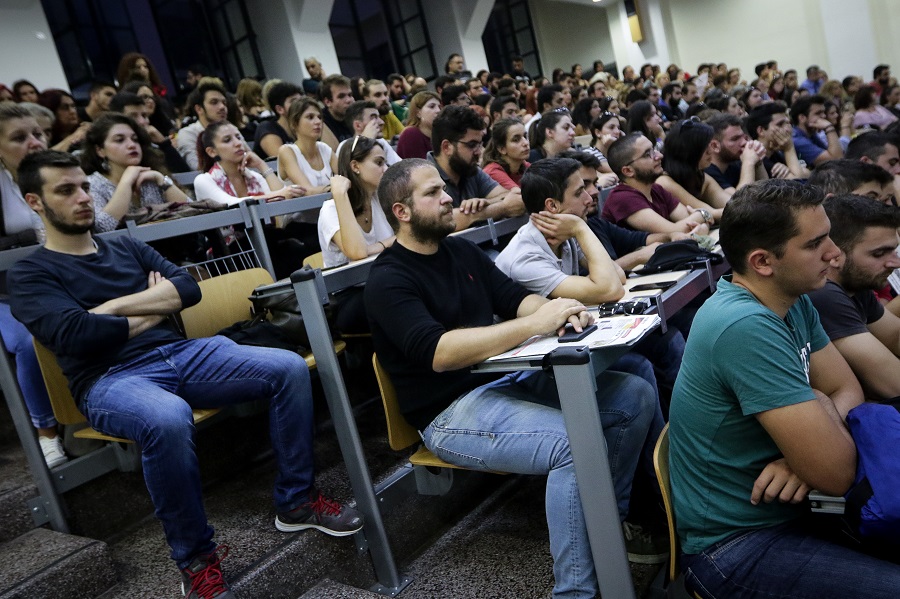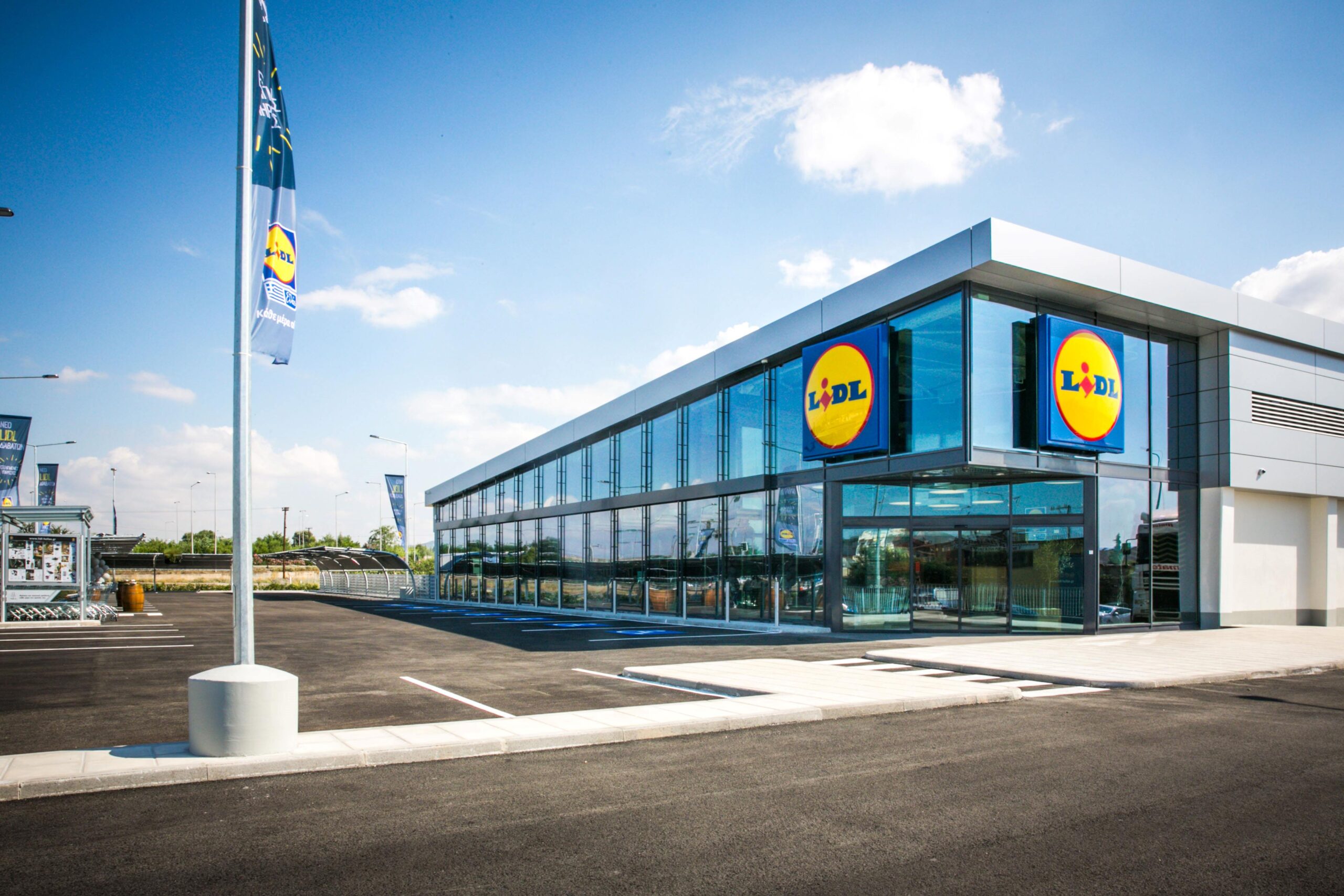CEO of Lidl Hellas Martin Brandenburger said the company plans to invest an additional 120 million euros, mainly on logistics centers, between 2024-2026.
Speaking at a press conference, the CEO said they are planning on a new transit center for next year, will strengthen existing structures, and also open new stores with the money. The new plans up the sum of the already 1.4 billion euros spent by the company in the country since 1999.
Lidl Hellas currently has a footprint of 230 stores and 5 distribution centers, supported by 6,772 employees.
Commenting on Lidl’s performance, the CEO said that in 2022 the company contributed 953 million euros to the Greek economy, or 0.46 pct of GDP, and that “for every euro that directly contributed to GDP, it created an additional 3.89 euros in value to the Greek economy.”
Brandenburger aims to be the first choice of Greeks and is encouraged by the company’s positive course, noting that Lidl increased its visitors and “enlarged our baskets.” He attributes much of the success to the fact that the company’s prices are 10pct cheaper than the competition in 200 products and to the low cost of their 330 private label codes, which make up 80pct of turnover.
Lidl also says that its relationship with suppliers and employees sets it apart, noting that it works with more than 450 suppliers and pays them within 41 days, ahead of the market average of 117 days. Lidl also plans to up minimum salaries to 1000 euros gross for full-time employees.
Taking corporate responsibility to heart, the CEO also said that Lidl is working directly with the Ministry of Climate Crisis and Citizens Protection to create a logistics mechanism that can be implemented at any moment to mobilize the provision of emergency relief to local communities in the event of natural disasters and extreme weather.
Director of Communications and Corporate Sustainability Vasiliki Adamidou notes that the company has adopted Science Based Targets since 2020 and is aligned with the goals to reach net zero by 2030. Along these lines, the company is: using LED bulbs in all stores, installing charging stations as well as photovoltaics on the roofs of many their stores and logistics centers, and has committed to reducing food waste by 50 pct and CO2 emissions by 80pct by 2030.






